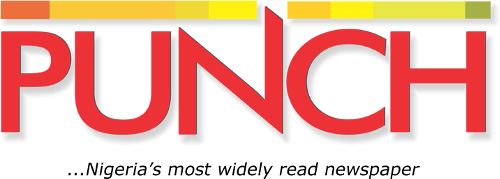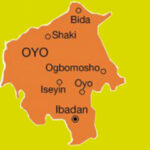
The agreements were reached at a meeting between the Minister of Information and Culture, Alhaji Lai Mohammed and representatives of Meta and Google.
The News Agency of Nigeria reports that Meta is the owner of Facebook, Instagram and WhatsApp while Google owns YouTube, G-mail and Google Search.
At the meeting which was at the instance of the minister, the tech giants agreed to comply with four demands by the federal government.
The tech giants agreed to work with the government in flagging and bringing down posts that constituted fake news and disinformation in their platforms.
They also agreed to work with the security agencies to bring down posts capable of inciting violence before, during and after the elections.
It was also agreed that election results not originating from official sources, should be flagged as unverified by the tech giants’ platforms.
They also agreed to make posts from official channels, like the Ministry of Information and Culture, Independent National Electoral Commission, National Orientation Agency, etc., prominent on their platforms.
Earlier, the minister underscored the importance of the elections to the country and the assurance by the President, Major General Muhammadu Buhari (retd), to the nation and the international community on a free, fair, credible and peaceful polls.
He also noted that the use of social media was a critical factor in the national elections of countries, including Nigeria with a predominantly youthful population.
Mohammed, however, expressed concern that 22 days before the elections, there has been a noticeable increase in the use of fake news and disinformation on social media platforms.
He said the purveyors of fake news and disinformation were those bent on hindering the success of the elections and throwing the nation into crisis.
The minister said: “There has been a gross abuse of social media platforms to purvey fake news and disinformation ahead of the elections.
“These unscrupulous people are resorting to the use of parody accounts, cloning of reputable media platforms and the use of deep fakes to carry out their nefarious activities.
“For example, candidates’ campaign speeches are doctored to portray them in bad light, video clips and pictures of campaign rallies are tampered with to make them look poorly attended.
“Fake or unscientific opinion polls are concocted, while threats of violence in certain parts of the country are exaggerated.
“All of these are then circulated via social media to a wide audience, with the aim of making their target candidates look bad, influencing public perception or even suppressing votes in certain areas.
“We have therefore invited you, platform owners, here so we can work together to reduce these negative tendencies before, during and after the forthcoming elections.”
The Head, Public Policy (Anglophone West Africa) at Meta, Adaora Ikenze, thanked the minister for initiating the meeting and assured that the requests by the federal government would be heeded.
She said that Meta had set up the Election Protection Operating Centre which worked 24 hours with relevant stakeholders to ensure the integrity of the polls.
Ikenze added that they partnered with Independent National Electoral Commission and Civil Society Groups, to provide information on the polls and as well engaged facts checkers to flag unwholesome and fake content.
Speaking in the same vein, the Policy and Government Affairs Lead at Google Dawn Dimowo, assured that they would follow up with the government team, so that they could flag any content escalated to be problematic.
Dimowo said they had a process to direct users of their platforms to authentic election result channels.
She assured that any unverified sources that post the results of the elections would be brought down.
(NAN)





